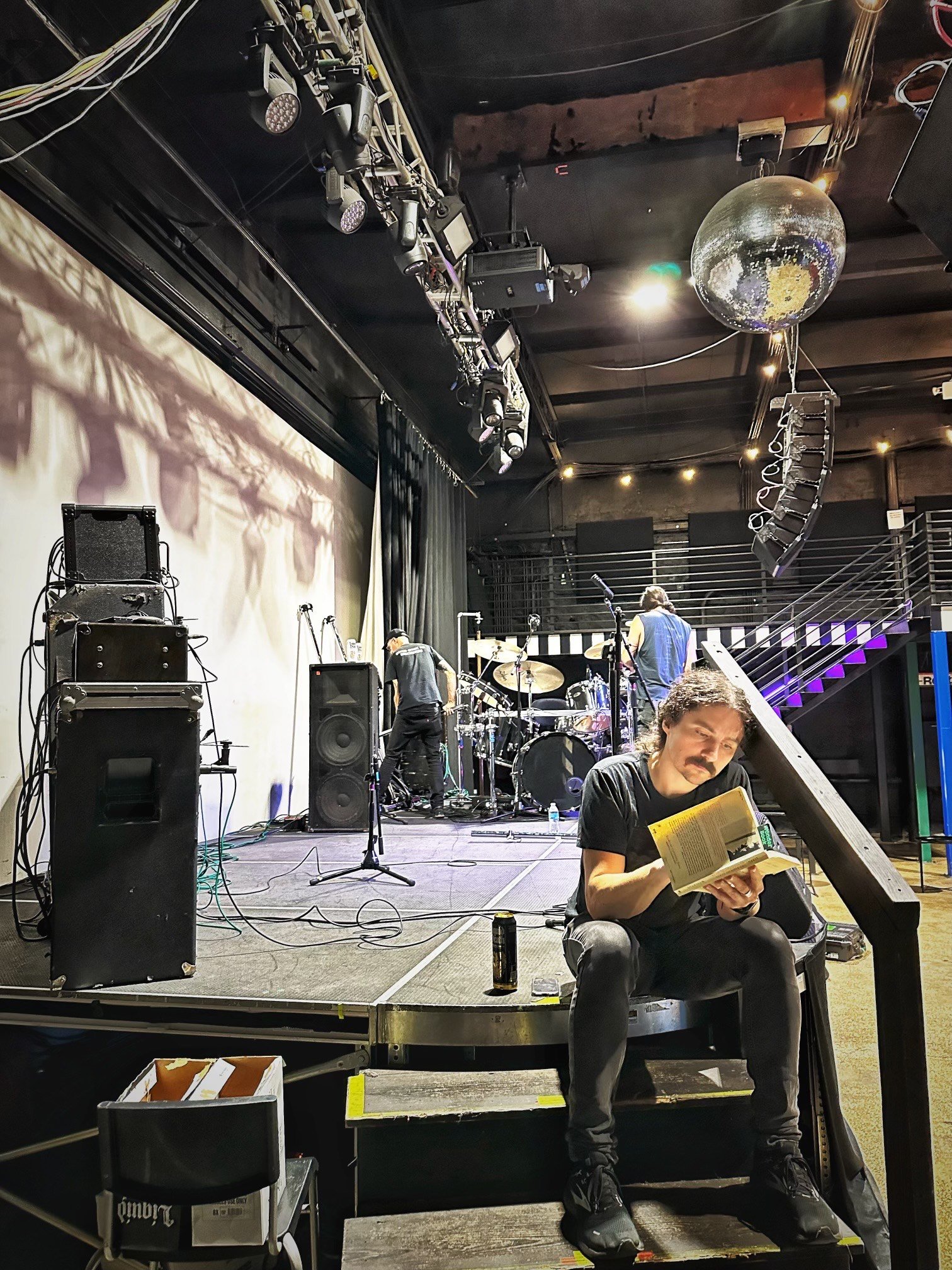the uncanniness of altered spaces
by Dylan Desmond
In this column, Altered Spaces: Championing the Uncanny, I will review a book each month that has themes centered around (or dealing with) the uncanny. To define the "uncanny" is something of an ambiguity in that the concept is used to define an abstract sense of familiarity. Often, this feeling is strange and uncomfortable, perhaps even unnerving. A common belief in the psychoanalytic field is that the uncanny is a reflection of an unresolved matter in the shadowy corner of the unconscious creeping into waking life. For certain, the dreams we experience during sleep are an infinite well of uncanniness, especially when a random event during the day recalls them. For example, deja vu can be uncanny. Say a young woman crossing paths on a busy sidewalk meets your eyes, and her expression strangely reminds you of your long-dead grandfather. You might shrug this off, but the true uncanniness follows when she addresses you by his dog's name.
The uncanny is a common and broad foundational element in literature. To understand and enjoy a story about a fictional monster, say the strange allure and horror of Dracula, a reader must at least be aware of uncanniness in their own life. Certainly, we've all felt a strange and unnerving attraction to something we knew would harm us. This is precisely why Dracula is so terrifying. Another example might be when Dorothy retells her dream in the final scene of The Wizard of Oz. This classic story is nothing short of uncanny, as each character in her family had direct resemblances to those in her dream. This is objectionably relatable because we all experience representations of people in our dreams that we know in waking life.
To this point, mythology, surrealism, magical realism, fantasy, horror, poetry, etc. (to varying degrees), all rely on the uncanny feelings we encounter throughout life to communicate meaning and emotion. As readers, we follow a story by creatively relating our own experiences to those of a character or an event in a therein. The common threads of our lives are relatable in strange and fascinating ways. Perhaps what draws us to read in the first place are these uncanny resemblances that relate to our own lived experiences. Altered Spaces: Championing the Uncanny will explore and review works I believe to be shining examples of uncanny elements in literature that have the capabilities to change the way we see the world.
As a reader, I am drawn to these elements in literature that connect me to something familiar yet difficult to explain. The experience of reading something written a hundred years before I was born that reflects a great deal of my worldview is absolutely fascinating. Are all of our experiences really so similar? I recently read Demian by Herman Hesse, which has an underlying theme of the way Western society weaves a moral code into our daily lives and ultimately dilutes something of the experience. Of course, much of the reason this book has been so popular over the past century is that (to some degree) everyone can relate to this concept. There is something strange and even uncanny about the familiarity of this feeling in 2025 as it was obviously also true before the book was first published in 1919. Perhaps this is simply a shared experience of all humanity since it's beginning? In this same regard, I find poetry to be an eternal well of the uncanny. In the words of Octavio Paz, "The poem is unexplainable, not unintelligible."
We all read to understand something in ourselves that can only be reflected back to us through the mirror of others. The uncanniness of our collective experiences is shared amongst us in literature and, here, in our altered spaces.
*Stay tuned for the next installment of Altered Spaces: Championing the Uncanny on May 15, 2025.
Photo of Dylan Desmond
BIO: Dylan Desmond is a musician, poet, and devout nerd ever-curious about the uncanny, mystical, and surreal forces surging through the human experience. He is the recipient of an BA in English Literature from the University of Kansas and an MFA in poetry writing from Cedar Crest College. He has attended residencies at Ateneu Barcelones in Spain, INNES Institute in Vienna, Trinity College in Dublin, and regularly performs internationally with musical projects. His forthcoming poetry manuscript will be released in late 2025.
